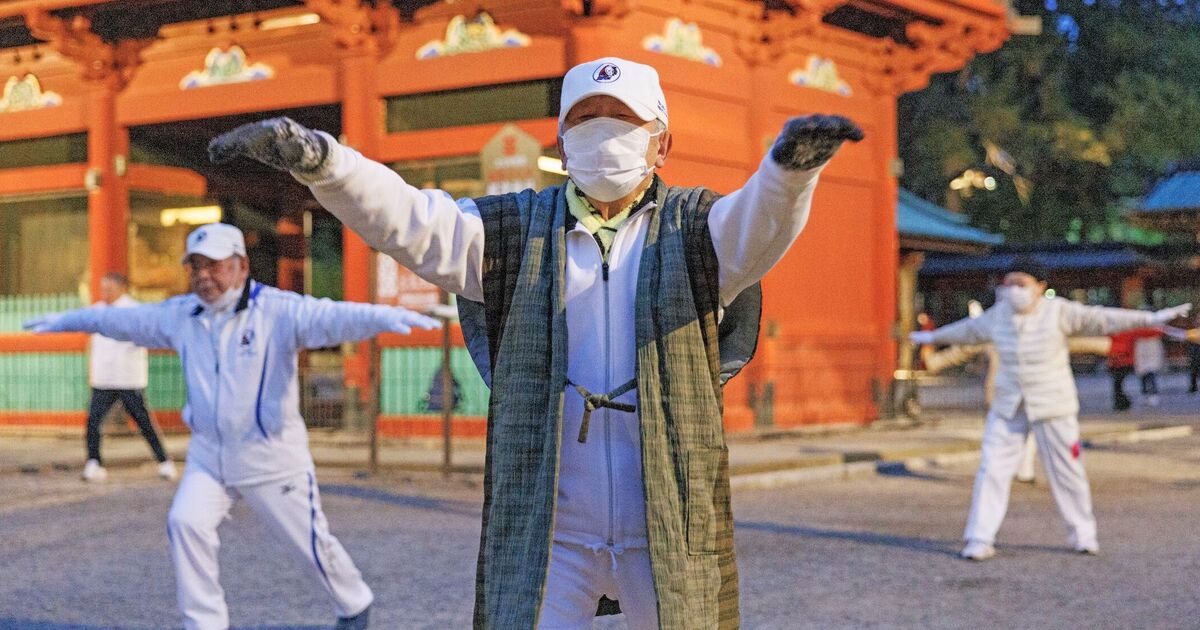The UK is stuck in a rut, obsessed with finding quick-fix solutions to the public health crisis, but these issues are deeply rooted in wider socio-economic challenges and cannot be solved with single ‘sticking plaster’ solutions.
Instead, we must take a more all-encompassing and wider system change approach. This is what I found on my recent visit to one of the world’s five Blue Zones, Okinawa in Japan.
Their approach to food and nutrition and low obesity rates struck me most, for example, the Okinawan diet is rich in fish and plants, with minimal fat intake and modest portion sizes.
Meals are not hurried affairs; instead, each mouthful is savoured as a sign of respect, with people eating until they’re 80% full to allow time for the brain to register fullness.
Personally, I prioritise a healthy diet, focusing on fresh fruits, vegetables, seeds, and nuts, and incorporate intermittent fasting to maintain my weight and hopefully extend my healthspan.
The success of Blue Zones like Okinawa lies in collective health efforts, emphasising shared community values and social connections to minimise poor health and extend the happiness of their residents.
To emulate these longevity successes in countries like the US and UK, interventions at a policy level are crucial.
Japan recently announced its Act on Promotion of Policy for Loneliness and Isolation aimed at tackling social isolation and loneliness in the country.
Governments must create environments conducive to healthy living, making nutritious choices accessible and affordable while addressing broader social issues like loneliness and socio-economic inequalities.
In socioeconomically deprived communities, where factors like isolation, lack of green spaces, stress, pollution, and obesity rates are disproportionately higher, additional support needs to be provided across the spectrum of the wider determinants affecting health, from education in schools to providing investment in transport and jobs, for example, to generate community pride and hope for the future.
We need to ‘invest for health’ with a focus on prevention and move away from our obesogenic environments and unsustainable ‘sickcare’ model.
Ultimately, adopting the holistic approach of Blue Zones requires multifaceted interventions, combining government policies, community initiatives, and individual responsibility to promote healthier lifestyles effectively.
Okinawa didn’t create their way of living in a day but that doesn’t mean the UK can waver on this issue.
Governments need to look at regearing the system and find the right incentives to promote healthier environments – making it easier for people to make the right choices for healthier living and sustaining long-term behavioural change that will ultimately benefit the nation.
– Tina Woods is CEO and founder of Business for Health










